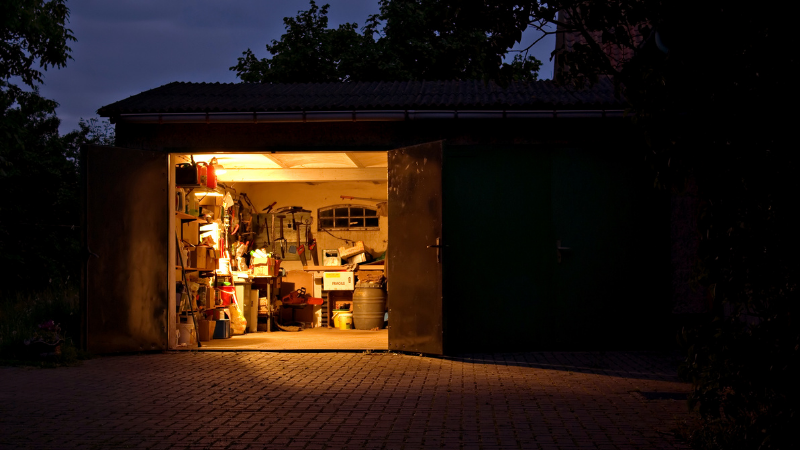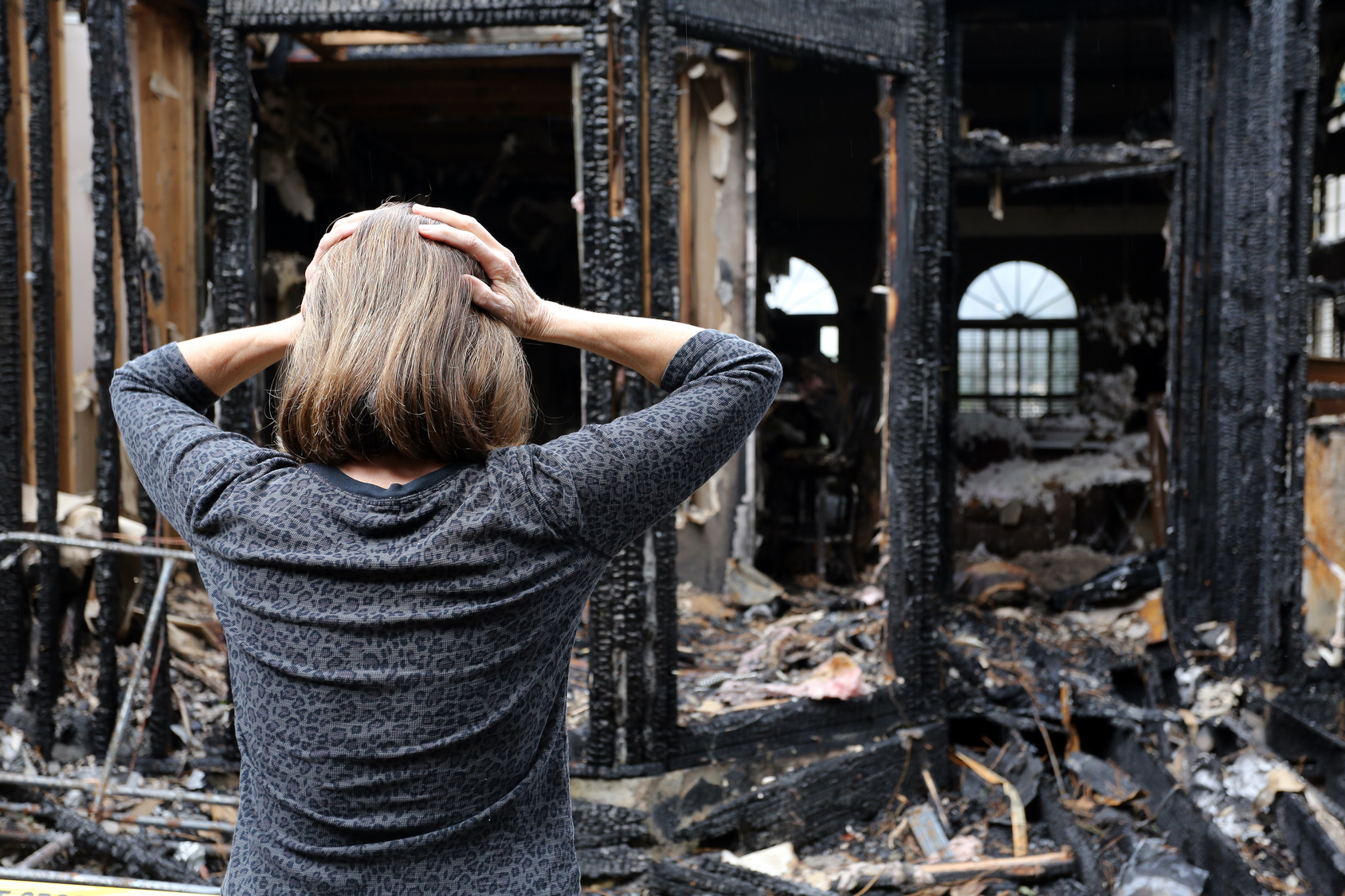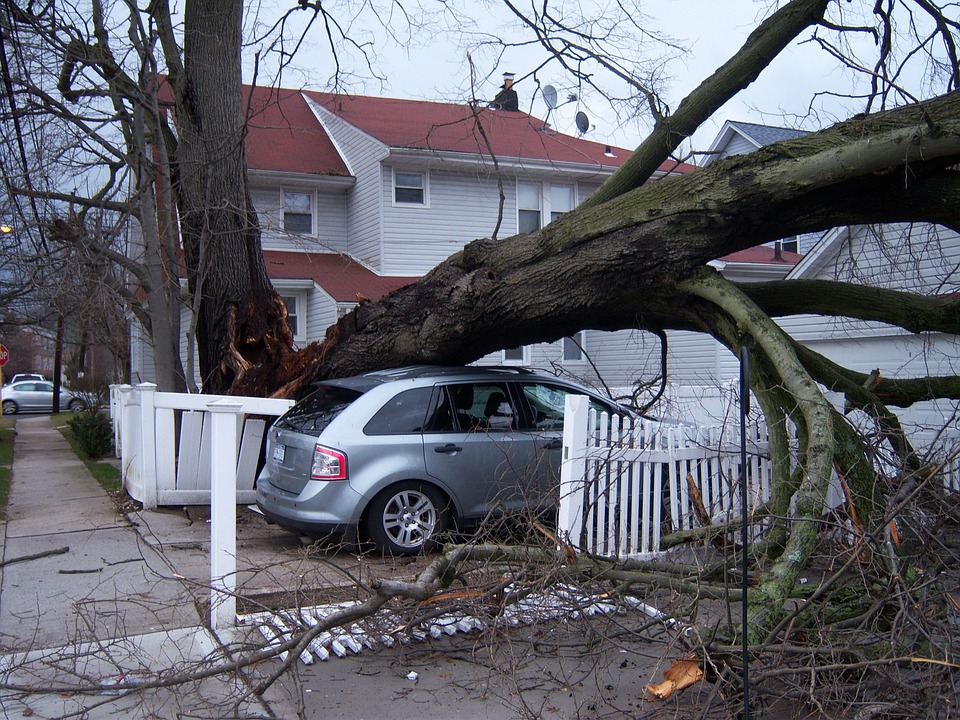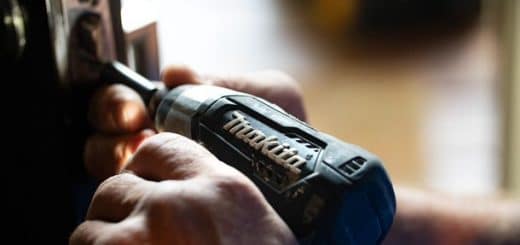Garage Safety Tips to Prevent Hazards
The garage is designed to be a functional space and is therefore a heavily used area of the home. However, serious dangers lurk in the typical garage, especially fire hazards and biohazards. A battery can catch fire, motor oil can spill, household cleaners have poison labels, tools are sharp and heavy, flammable liquids are stored in the garage, and so forth. Remember that you have a lot in the garage that could pose dangers to you and others. Prevent an outbreak of a garage fire or other hazards by practicing these safety tips.
What creates hazardous conditions in the garage?
Homeowners frequently store a range of materials in the garage, ones that can become potentially dangerous. Gasoline, chemicals, tools, heating devices, faulty wiring, asbestos, and vehicles can contribute to hazardous conditions. The garage can contain carbon monoxide released by cars.
Even the garage door can be a danger since it is connected directly to the house. In the event of a disastrous garage fire, the house can quickly become engulfed in flames. Gas leaks inside the garage can enter the home if the garage is not properly sealed.
Handy homeowners who work in the garage, even in cold weather, rely on heaters for warmth; but garage heaters can be a serious fire hazard when left unsupervised. The heater could tip over and start a fire. Woodworking in the garage will release dust particles that could ignite.
Faulty wiring in the garage is another source of fire. Wires can become damaged after pesky critters chew through them. Working in the garage, too, can leadLead is a heavy metal that can be toxic to humans, especiall... More to accidental damage of wiring. All wiring in the garage should be regularly inspected for flaws and replaced when damaged.
It’s inevitable that cars will leak oil and grease. Obviously, these flammable liquids are major fire hazards. Lawnmowers and other equipment could also leak. Gasoline stored in the garage for a lawnmower or other equipment is likewise a source of fire, especially when improperly stored.
What are practical garage safety tips?
1. Store flammable materials properly
The potential dangers in the garage are clear. Protecting the garage and home from fire or biohazards requires taking ample safety precautions. Combustible materials should be stored properly, which means tightly sealed and inside their original containers. Keep them away from electrical outlets.
Gasoline should be kept in metal tanks designed specifically to store it. Ideally, keep gasoline in a detached garage, away from the home; alternately, a tool shed, or storage barn can house the goods safely, so long as the liquids remain away from ignition sources, like radiators.
2. Clean grease and oil spills right away
Fresh oil is readily absorbed by a sawdust, cornmeal, or cat litter. Allow the absorbent materials to soak up the oil over a 24-hour period, then sweep it up. Pour detergent onto the oil stain, allow it to sit for an hour, scrub with a nylon-bristled brush, and rinse.

3. Keep pests out of the garage
Mice living in the garage can nibble away at wiring, damaging them and causing a major fire hazard. Prevent an infestation of pests by sealing off all access points inside the garage. Keep food containers in the garage tightly sealed to keep vermin at bay.
Another tip to keep rodents out of the garage is to keep the space free of clutter. Keeping spare parts may come in handy; however, accumulating parts can leadLead is a heavy metal that can be toxic to humans, especiall... More to significant clutter and plenty of places for mice to hide. Free up space by discarding unnecessary junk.
4. Replace faulty wiring
Garage fires are predominantly started by electrical malfunctions and garage heaters. Replace damaged wires and avoid overloading electrical outlets. In an unheated garage, utilize outdoor extension cords and power strips. Be aware of any offensive odors, which indicate burning plastics, wiring, or electrics.
5. Supervise heaters when in use
When smelling gas, oil, or similar fumes, do not turn on the garage heater. Portable heaters should be kept out of high-traffic areas and away from children. Position heaters away from flammable items. If a garage heater uses open flames, keep flammable liquids and sprays at a safe distance.
Unattended heaters can cause garage fires, so it is critical to supervise the heater when it is in operation. Immediately after using the heater, switch it off. Moving a running heater is unsafe; instead, turn the device off, allow it to cool and then shift it to a new location.
6. Lock up hazardous goods
Responsible homeowners know to lock up potentially hazardous materials, such as pesticides, fertilizers, car maintenanceMaintenance is the routine care, inspection, and repair of a... More fluids, paints, solvents, and pool cleaning products. Store these items on a high shelf or in a locked garage cabinet. A locked shed is ideal for storing extra propane tanks.
Call Fire and Biohazard Cleanup Professionals
A garage most likely holds various flammable products. Practicing the abovementioned safety tips will prevent a fire from breaking out in this area. Accidents might still occur, and when they do, contact fire damage restoration pros right away.
Skilled crews arrive promptly on the scene to stabilize the damaged home and prevent a collapse. Pre-cleaning prevents permanent damage from smoke and sootSoot is fine black particles composed of carbon and other ma... More. If structural damage has occurred, specialists repairRepair is the act of fixing or restoring damaged property, m... More the affected goods. They also deodorize the property to remove smoke odors.
In the event your garage contains biohazard materialsBiohazard materials are substances that pose a risk to human... More, such as from hoarding or a serious accident, restorationRestoration is the process of returning a property to its pr... More professionals are also equipped to deliver quality biohazard cleanup services. Licensed technicians safely remove biohazard materialsBiohazard materials are substances that pose a risk to human... More and return the area to a habitable condition.
During biohazard cleanup, crews wear personal protective clothing and utilize safe yet effective disinfectants. Upon removing all traces of the biohazard materialsBiohazard materials are substances that pose a risk to human... More, technicians dispose of them in appropriate waste facilities. They follow OSHA regulations to ensure the scene is properly restored.












